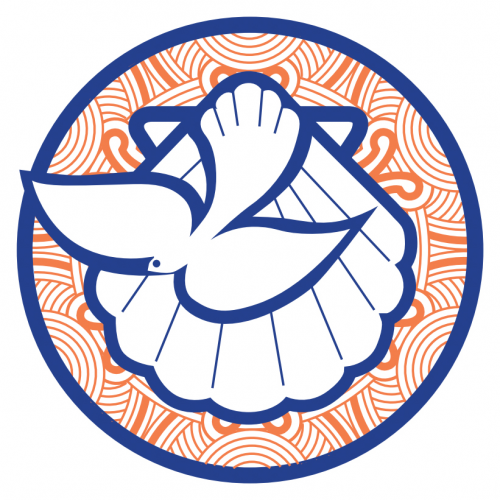
Methodist Mission Southern: Te āo Māori in the Transition Houses 🏠
Julie Roberts — November 5, 2024
The Mission’s Youth Transition House and Young Mum’s House have been blessed with recent funding to support rakatahi (youth) in reconnecting with te ao Māori, the Māori world.
This essential support enables young people in our community to participate in meaningful cultural activities, like kapa haka (traditional dance), marae-based gatherings, mirimiri (traditional healing), educational wānanga, raranga (weaving), whakairo (carving), mau rākau (martial arts), hikoi (cultural walks), and kai preparation (traditional food gathering and cooking).
At Methodist Mission Southern, we are reminded daily of the unique challenges faced by rakatahi experiencing homelessness or family instability. Our Youth Transition House in Waihōpai provides a safe, supportive place for 16- to 19-year-olds to live as they learn essential life skills, pursue education or employment, and build physical, mental, and social resilience.
From a te ao Māori perspective, true health and well-being encompass more than just the physical; they are rooted in whanaungatanga—the process of forming and maintaining meaningful relationships that enrich and sustain us (Wilson et al., 2021b). Health, or hauora, in the Māori worldview, represents a holistic balance, including spiritual and cultural identity alongside physical and mental well-being. Hau, or vital essence, is the breath of life that connects all people and living things, while ora signifies health, life, and vitality (Henare, 2001; Moorfield, 2021).
Our Mission recognises this comprehensive approach to well-being, and we are committed to offering our rakatahi not only a safe environment but also access to activities and connections that cultivate their hauora—fostering a thriving spirit of life and a sense of belonging within their culture (Reweti et al., 2022).
This vision extends to our Young Mums’ House, where young mothers and expectant mums are welcomed with safe accommodation and support to continue their education and develop life skills as they care for their pēpi (babies). We strive to equip these young women to build positive futures for themselves and their whānau (families). At the heart of our mission is a commitment to holistic care, honouring te ao Māori values that nurture not only the individual but also their connections with whānau, culture, and community.
With this renewed focus on cultural well-being, our rakatahi are encouraged to strengthen their sense of belonging through cultural heritage. These connections foster a greater sense of identity, which is essential for their spiritual, emotional, and personal growth. In supporting this journey, the Mission actively integrates te ao Māori into its services, reflecting our shared belief in the value of community, compassion, and the spiritual care that comes from being rooted in who we are.
As members of the church, we share in the mission to uplift young people through love, support, and meaningful connection, recognising that each young life in our care is a precious part of God’s family.
Be part of our story, our work, and our community.
Is there a specific programme we do that your group would be interested in learning more about? Would you like to read more about MMS’ work in Otago and Southland?
Please contact Julie julier@mmsouth.org.nz to receive our monthly e-newsletters and connect with us on our various social media channels. Facebook, Instagram and YouTube.
(Reweti, August 2023)



